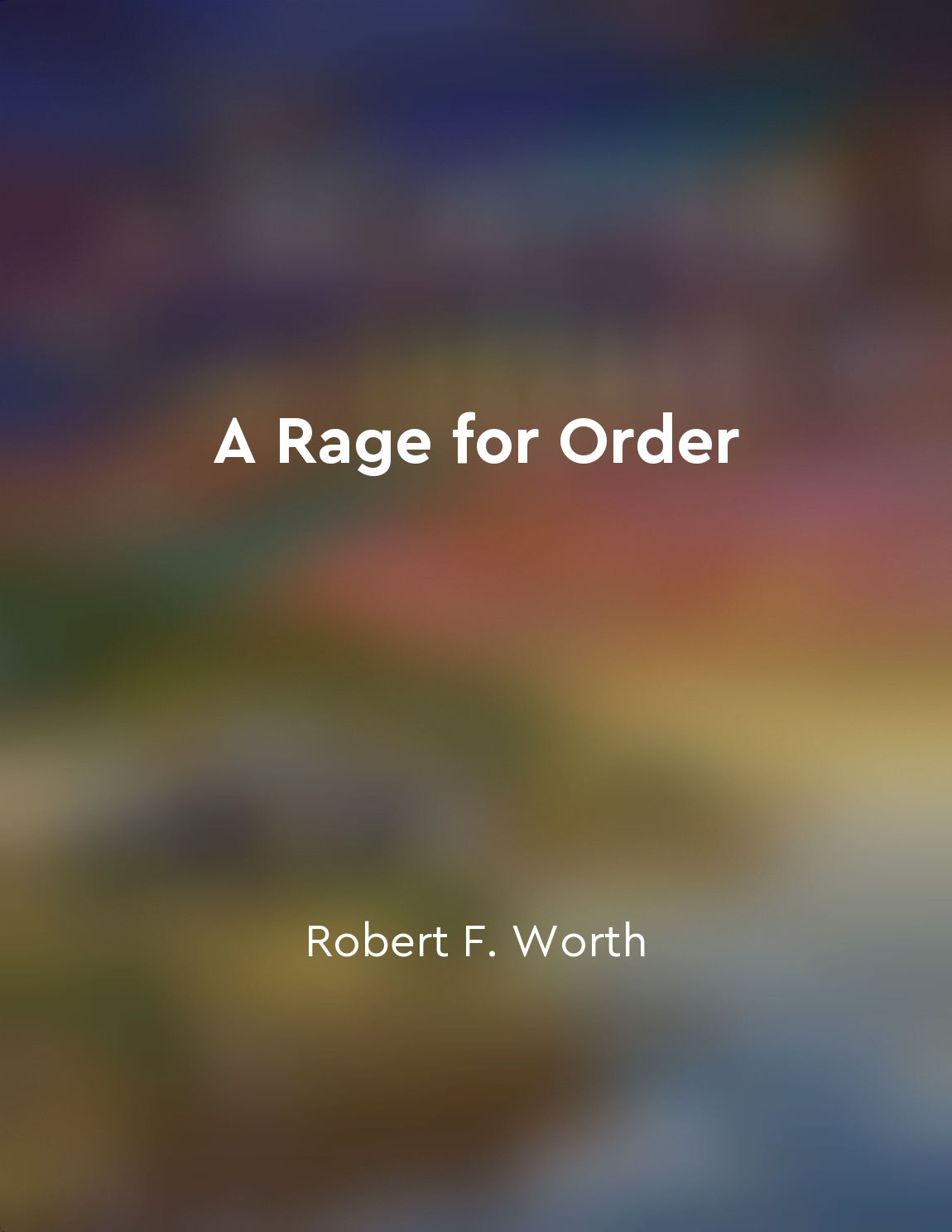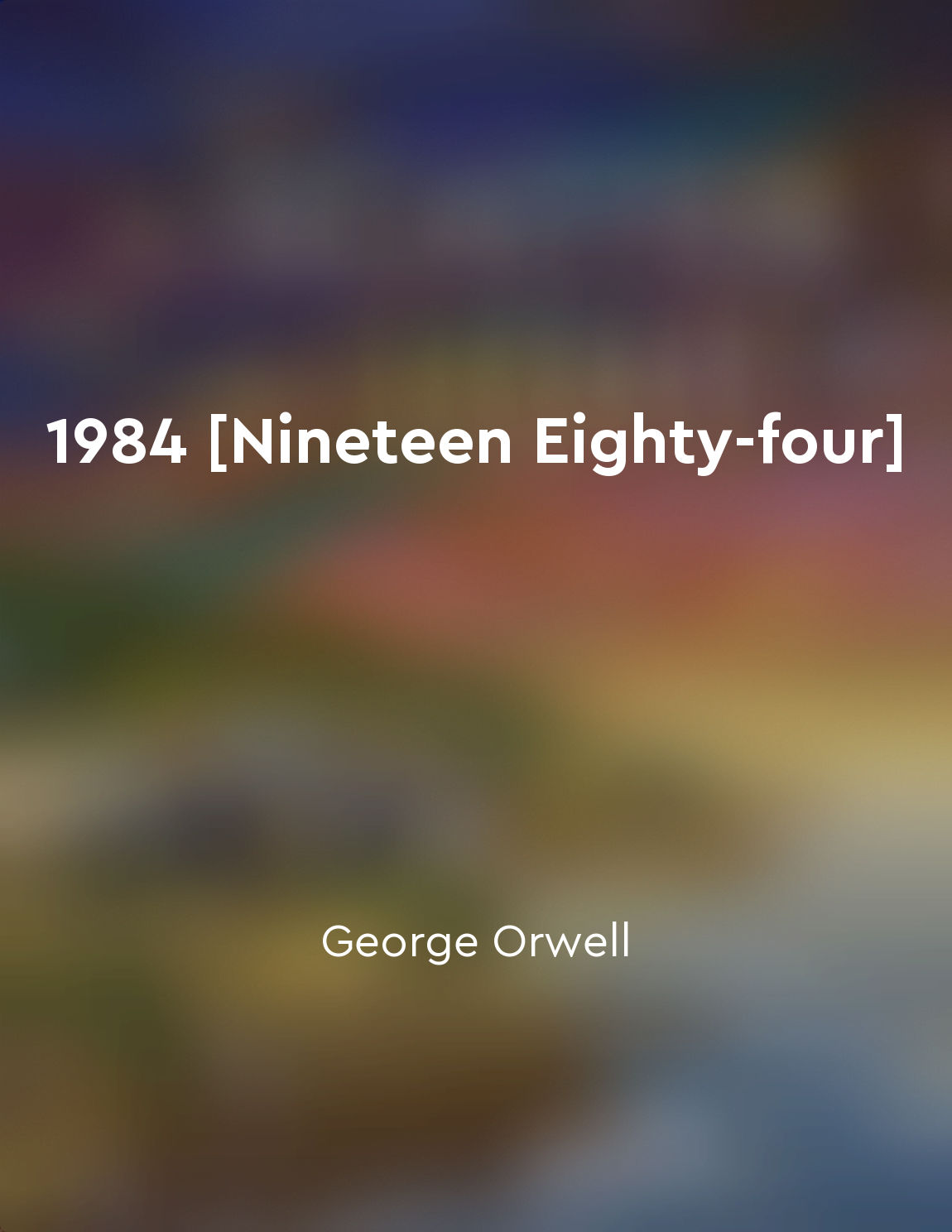The result is political polarization and social division from "summary" of The Big Sort by Bill Bishop
The neighborhoods where Americans live have become increasingly homogeneous over the past few decades. People are choosing to live near others who share their political beliefs, values, and lifestyles. This self-segregation is not just about where people choose to reside; it also extends to their social circles and social media networks. As a result, individuals are less likely to engage with those who have different viewpoints, leading to a lack of understanding and empathy towards others. This trend towards homogeneity has significant consequences for society as a whole. Political polarization has intensified as people become more entrenched in their own ideological bubbles. Instead of engaging in constructive dialogue and compromise, individuals are more likely to demonize those who do not share their beliefs. This "us versus them" mentality has fueled social division and eroded trust in institutions and one another. The Big Sort highlights how this self-segregation has far-reaching implications for democracy. When individuals only interact with like-minded individuals, they are less likely to be exposed to diverse perspectives and alternative viewpoints. This narrow-mindedness can lead to echo chambers where misinformation and extreme ideologies thrive. As a result, the ability to have productive political discourse and find common ground becomes increasingly challenging. Furthermore, this social sorting has also influenced how political parties behave and govern. Politicians are more likely to cater to their base and pander to extreme positions in order to secure votes. This has led to gridlock in government and a lack of meaningful policy solutions that address the needs of all Americans. The consequences of this political polarization and social division are evident in the current state of American society, where trust in institutions is low, social cohesion is weak, and political discourse is often hostile and unproductive.- The Big Sort paints a compelling picture of how self-segregation has contributed to political polarization and social division in America. By examining the consequences of this trend, the book underscores the importance of bridging divides, fostering empathy, and promoting a more inclusive and understanding society.
Similar Posts

The quest for stability continued amid turmoil
The pursuit of stability in the midst of chaos was a constant theme in the turbulent landscape of post-revolutionary Egypt. As ...

Education is lacking
The problem of education is a pressing concern in our society. One cannot help but notice the lack of proper education among th...
Democratic equality
Democratic equality refers to the principle that all citizens have an equal right to participate in the political process and h...
Exploration expanded global knowledge and trade
Exploration played a crucial role in broadening the horizons of global knowledge and trade. As adventurers set sail to discover...
Passing healthcare reform was a hardfought battle
Passing healthcare reform, meanwhile, was a hardfought battle, as challenging as anything I’d encountered in my presidency. The...

Inner Party members enjoy privileges at expense of others
The members of the Inner Party in Oceania lead a life of luxury and privilege, far removed from the hardships faced by the rest...
Unraveling
In the midst of the Unwinding, a sense of unraveling pervades American society. The fabric that once held the nation together, ...
Language structures human thought
The concept that language structures human thought lies at the heart of understanding how our minds have been shaped over the c...
Family dynamics and relationships
In delving into the lives of historical figures, it becomes evident that family dynamics and relationships play a crucial role ...
We must be critical consumers of information
In order to navigate the vast sea of information available to us in the digital age, it is imperative that we approach it with ...

